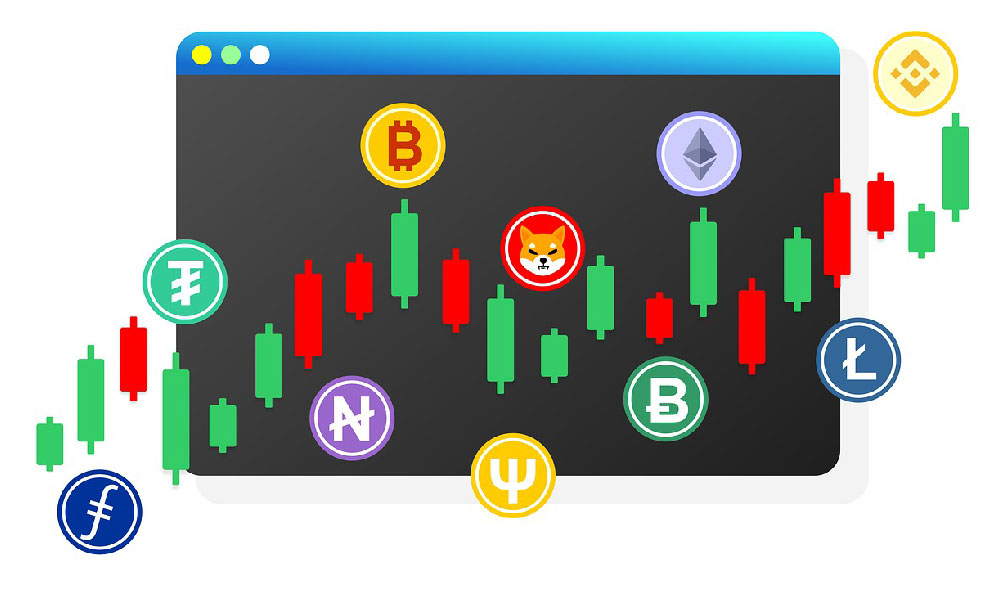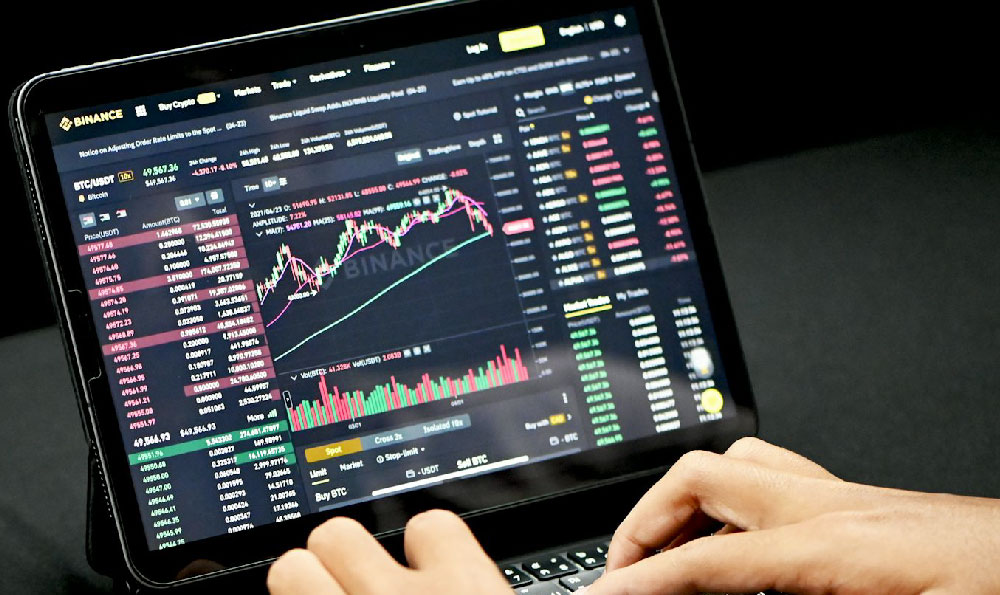Forex trading, the global marketplace for buying and selling currencies, offers unique opportunities for individuals looking to diversify their investment portfolio and generate passive income. Unlike stock markets that operate within fixed hours, the forex market is open 24 hours a day, five days a week, allowing traders to capitalize on market movements across different time zones. However, the potential for profit is often accompanied by significant risks, making it imperative for participants to understand the intricacies of this financial instrument.
To navigate the complexities of forex trading successfully, one must begin by cultivating a deep understanding of currency dynamics, economic indicators, and geopolitical factors that influence exchange rates. The value of a currency is inherently tied to the economic health of its issuing country, with metrics such as interest rates, inflation data, trade balances, and political stability acting as key drivers. For instance, a central bank's decision to increase interest rates can attract foreign capital, thereby appreciating the currency's value relative to others. Conversely, signs of economic weakness or political unrest may cause depreciation. Traders who can interpret these signals and anticipate market responses are better positioned to make informed decisions.
The choice between fundamental analysis, which focuses on economic data and geopolitical events, and technical analysis, which examines price patterns and chart behavior, is a critical one that shapes a trader's approach. Fundamental analysts often monitor reports from international organizations such as the International Monetary Fund (IMF) or the World Bank, while technical traders rely on tools like moving averages, Fibonacci retracements, and candlestick patterns. A disciplined trader might combine both methodologies, using fundamental insights to inform broader market trends and technical analysis to identify precise entry and exit points.

Effective risk management lies at the heart of sustainable profitability in the forex market. While the allure of high returns can tempt traders to take on excessive risk, a prudent approach involves strategies such as setting stop-loss orders, diversifying trading pairs, and adhering to strict position sizing rules. The 2% rule, which suggests limiting risk per trade to no more than 2% of total capital, is a widely recommended practice that helps prevent catastrophic losses. Additionally, traders should avoid over-leveraging their accounts, as excessive debt can amplify both gains and setbacks.
A successful forex trader must also develop a robust psychological framework to withstand the emotional challenges of the market. The relentless nature of forex trading, where prices fluctuate rapidly and positions can be closed in mere minutes, demands emotional endurance. Many traders struggle with impatience, leading them to enter trades prematurely or exit too soon, while others fall prey to fear or greed, which can result in irrational decisions. Cultivating a mindset of discipline, patience, and detachment is essential, as it enables traders to follow their strategies without being swayed by short-term market noise.
Leveraging technology and reliable tools is another cornerstone of efficient forex trading. The advent of algorithmic trading, automated systems, and real-time financial data platforms has transformed how traders analyze markets and execute strategies. However, the reliance on technology must be balanced with critical thinking, as automated systems can sometimes produce misleading signals. Traders should choose reputable brokers, ensure secure trading platforms, and invest in education to refine their analytical skills.
Consistency and adaptability are vital to long-term success in forex trading. Markets are dynamic entities that evolve in response to changing economic conditions, and a trader's strategies must be flexible enough to accommodate these shifts. Successful participants often spend years mastering the basics, testing various strategies, and refining their approach before achieving profitability. Moreover, they remain vigilant about market innovations, regulatory changes, and emerging trends that could impact their trading outcomes.
Ultimately, generating income through forex trading requires a multifaceted approach that combines knowledge, patience, and strategic discipline. While the market offers opportunities for profit, it is not a guaranteed path to wealth, and traders must be prepared for the possibility of losses. By adhering to sound principles, continuously improving their understanding, and maintaining a balanced perspective, individuals can navigate the forex market with confidence and increase their chances of achieving financial goals.












